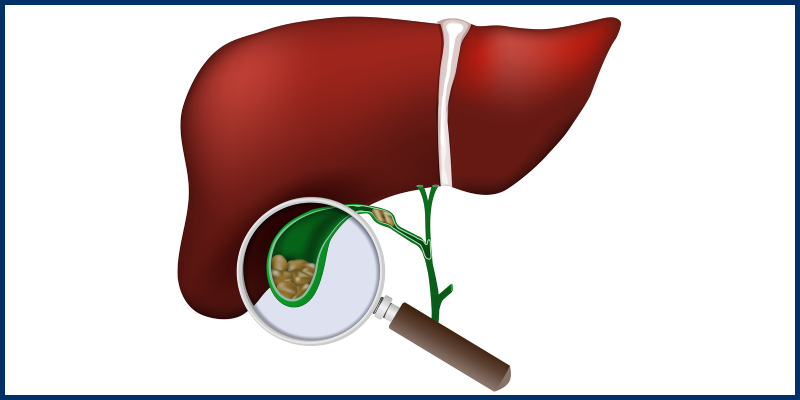
Fam-trastuzumab deruxtecan-nxki (trastuzumab deruxtecan) has been granted accelerated approval by the Food and Drug Administration for the treatment of multiple forms of cancer, including colorectal, pancreatic, bile duct, and bladder cancer.
The drug has received prior approval for the treatment of breast, lung, and gastric cancers. Many HER2-positive cancers have limited treatment options; this approval marks the first tumor-agnostic approval of a HER2-directed therapy.
The approval is based on positive results from the DESTINY-PanTumor02 and DESTINY-CRC02 trials, and is intended for use in patients with unresectable or metastatic HER2-positive solid tumors who have received prior systemic treatment and do not have any satisfactory alternative treatment options.
DESTINY-PanTumor02 analyzed trastuzumab deruxtecan in patients with HER2-expressing solid tumors across 7 different patient cohorts, including bladder, pancreatic, and bile duct cancer. The drug provided a confirmed overall response rate (ORR) of 51.4%, and a median duration of response (DoR) range of 19.4 months. Meaningful clinical benefit and survival outcomes were achieved, as well as safety consistent with the known profile of the drug. Patients with immunohistochemistry 3+ had the greatest benefit.
DESTINY-CRC02 also examined the efficacy of trastuzumab deruxtecan in patients with metastatic colorectal cancer (mCRC). The treatment provided a confirmed ORR of 46.9% and median DoR range of 5.5 months, and showed promising antitumor activity irrespective of RAS mutation status, as well as in patients with prior anti-HER2 therapy.
Dave Fredrickson, Executive Vice President, Oncology Business Unit, AstraZeneca, noted that the approval “also elevates the importance of testing for biomarkers, including HER2, across a broad range of tumors to ensure these patients with advanced cancer who have few options know whether a targeted medicine might be right for them.”







 © 2025 Mashup Media, LLC, a Formedics Property. All Rights Reserved.
© 2025 Mashup Media, LLC, a Formedics Property. All Rights Reserved.